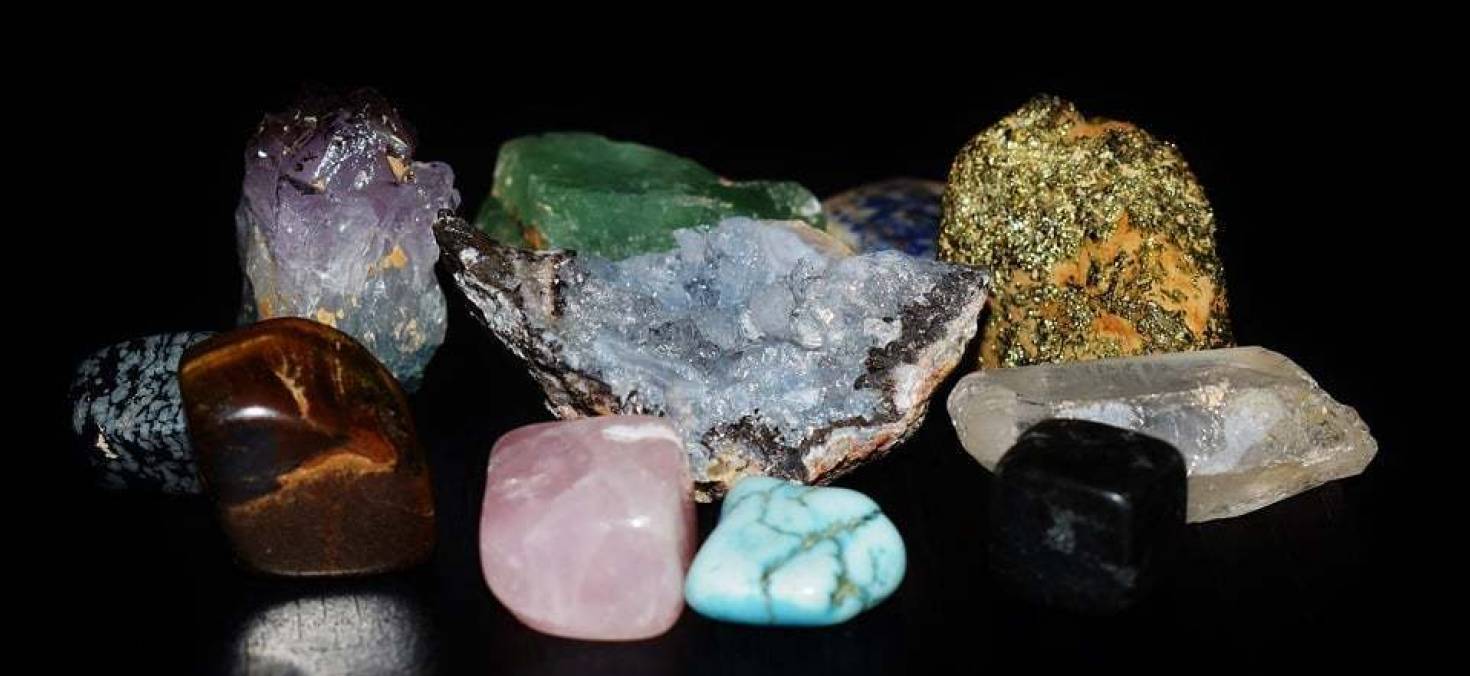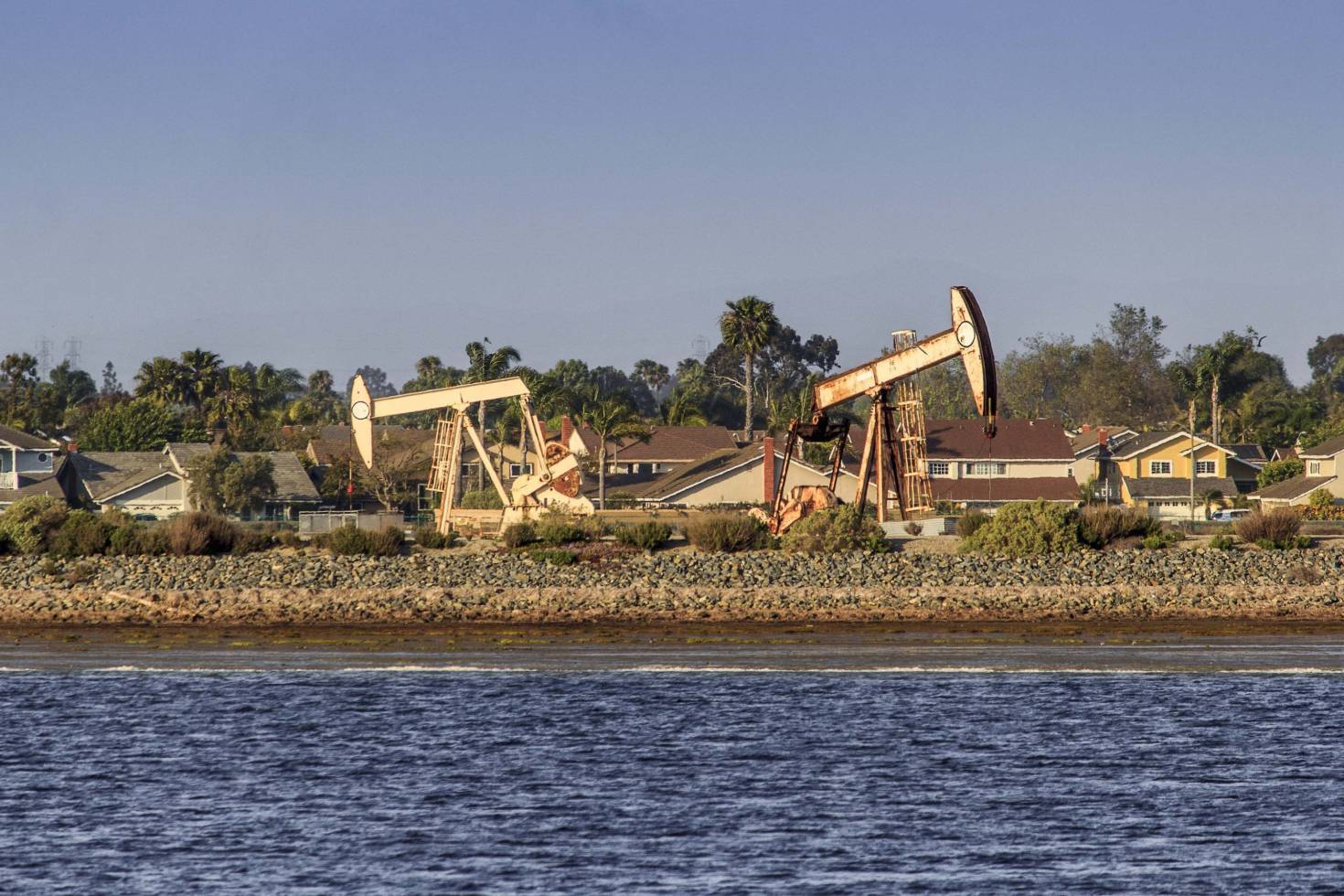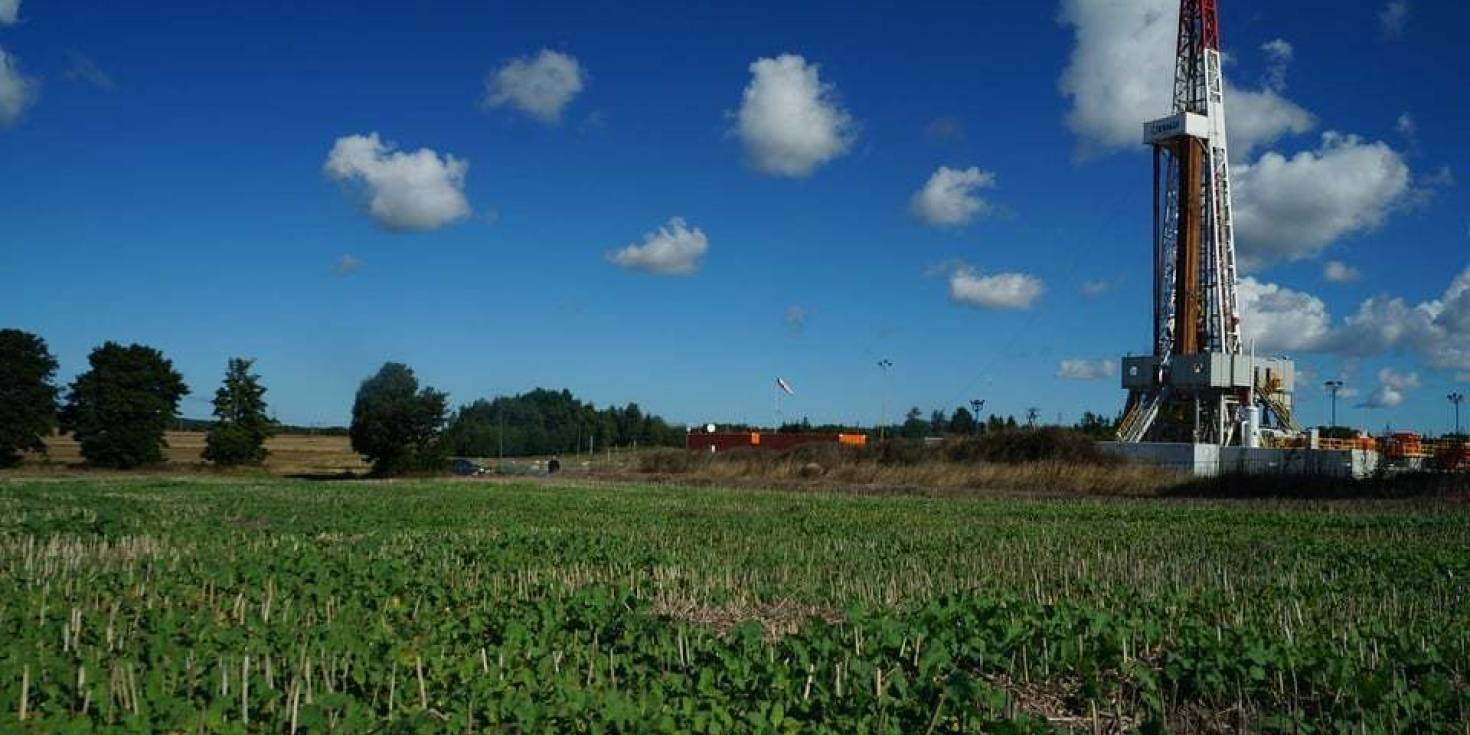Land isn’t just dirt. What would you do if someone showed up on your property, knocked on your door and said, “I believe there are valuable minerals on your land and I’m about to start digging for them.” The tendency would be to think this is illegal and tell them to get off your property for trespassing.
Here’s the catch! Did you know that just because you own a piece of property, it doesn’t mean you own the minerals? It’s true. Mineral rights can be separated from property rights or surface rights. The person that shows up to drill on your property could possibly do so without your permission and be completely within their rights if they own the mineral estate. We currently have a wide range of mineral properties for sale throughout the U.S. but keep in mind that many other properties may include mineral rights as well.
What are mineral rights?
There's matter below the surface. Often within the soil, there can be important minerals that hold a lot of value. A mineral estate owner has the right to extract whatever is beneath the surface of the land and do whatever they wish with it, whether they want to use it themselves or sell it. Depending on the conveyance, someone may have rights to all that lies beneath the surface or be limited to specific minerals.
Who cares who owns the mineral rights?
In a lot of areas, it doesn’t necessarily matter who owns the mineral rights to land because there are no resources under the ground of value. The only reason to remove minerals from the earth or to sell mineral rights would be if there is an abundance of them and they’re valuable. Examples would be oil, natural gas, coal, marble, gold, or silver. There are plenty of others but these are common. If you think there might be oil on your property but aren't sure, take a look at our article discussing how to find out if there's oil on your land.

In the case that any of these precious materials are present, who owns the mineral rights and royalties of them is of extreme importance. It could mean a lot of cash in your pocket or someone else’s pocket. Having knowledge of who owns the mineral estate could also save you from surprises in the future if strangers show up wanting to drill on your land.
Here are the market prices of well-known metal and energy commodities:
- Gold - $1,342.90/ounce
- Silver - $17.10/ounce
- Copper - $3.17/pound
- Platinum - $1008.30/ounce
- Palladium - $1087.35/troy ounce
- Crude oil - $64.44/barrel
- Coal - $60.10/short ton
- Natural gas - $3.23/million British thermal units
- Iron ore - $75.99/dry metric ton
This data was gathered on January 30, 2018, from Nasdaq, U.S. Energy Information Administration, and Business Insider.
Knowing where these minerals exist in abundance throughout the country can be useful when you’re looking at mineral rights.
- Gold - Nevada, Alaska, Utah, Colorado, California
- Silver - Alaska, Nevada, Utah, Idaho, Montana, South Dakota, Arizona, California, Colorado, New Mexico
- Copper - Arizona, Utah, New Mexico, Nevada, Montana, Idaho, Missouri
- Platinum - Montana, Arizona, Minnesota
- Palladium - Montana, Oklahoma, Wyoming, Oregon, California, Nevada
- Crude oil - Texas, North Dakota, California, Alaska, Oklahoma, New Mexico, Colorado, Wyoming
- Natural gas - Texas, Pennsylvania, Oklahoma, Louisiana, Wyoming, Colorado, Ohio, West Virginia
- Coal - Wyoming, Illinois, West Virginia, Pennsylvania, Kentucky, Montana, Texas
- Iron ore - Minnesota, Michigan
Do you own the mineral rights to your property?
If you live in the United States, you live in a unique country when it comes to mineral rights. The United States is one of the few countries that allows individuals to take ownership of and profit from mineral rights. In many countries, the government owns all mineral rights and the benefits they produce.

The terms fee simple and unified estate refer to complete and total ownership of a piece of land, where the surface rights and mineral rights are held and owned together. In a lot of cases, if you own the land, you own the minerals rights as well, but sometimes the mineral rights have been severed from the land. This could be because the owner decided to sell off the mineral rights or the federal government reserved the minerals at some point in the past.
If you don't currently own land but want to and are interested in mineral exploration, check out our land with mineral rights for sale.
To find out if you own the mineral rights to your land you can go to the county clerk’s office in your town and they can help you find the historical land ownership records. You'll need to locate the deed for your property. If the mineral rights have been severed at any time in the past there should be a separate mineral deed referenced. This won’t cost you anything. You can hire a landman to research it for you but it can be rather expensive.

